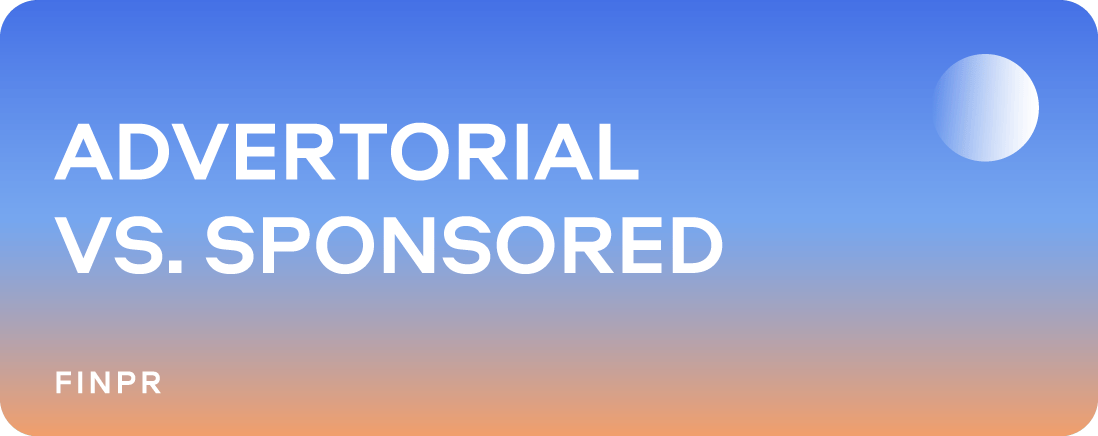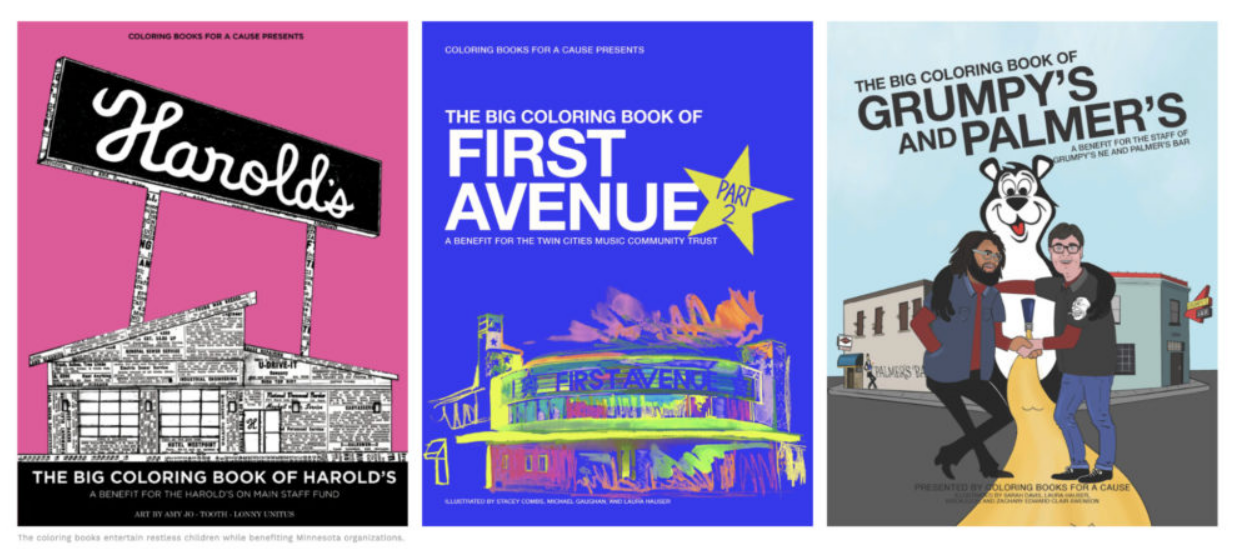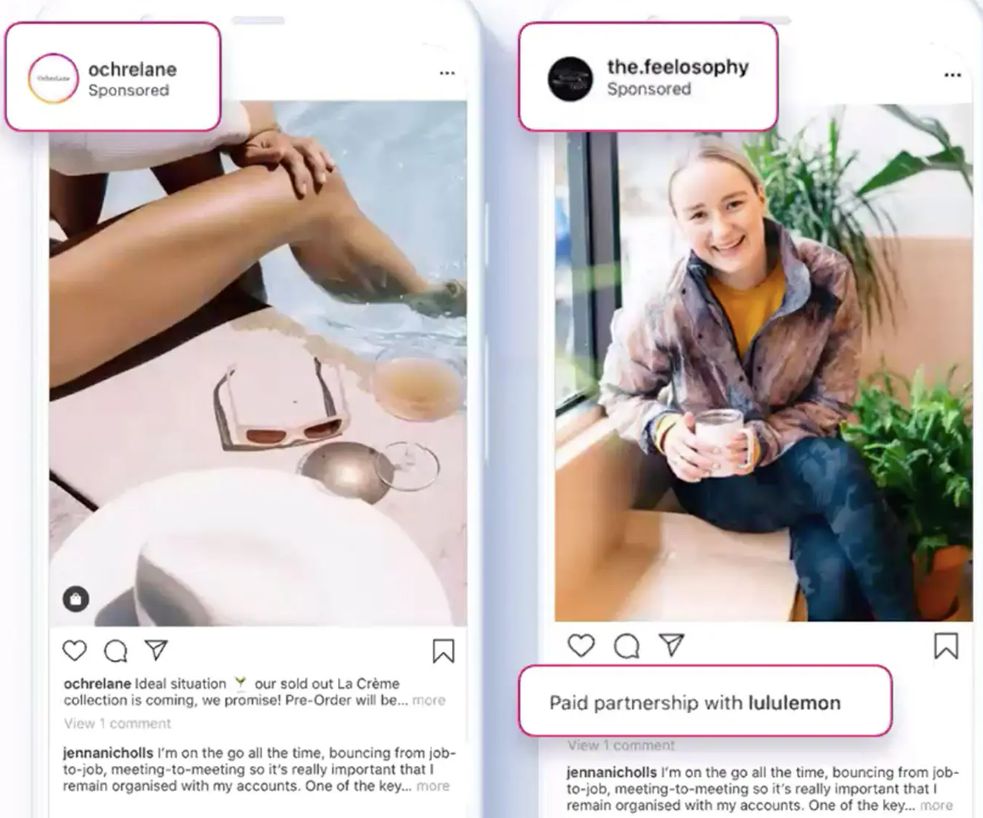
In modern advertising, traditional approaches have undergone a significant transformation, giving rise to more engaging targeted methods. Within this transformation, there are two tools in every marketer's toolkit: advertorials and sponsored content.
What's the difference between them? Understanding two content forms holds immense value in building trust with your audience. Let's delve into the nuances of crafting compelling advertising and sponsored articles together!
Advertorial Content
Native advertising has become an essential element in content marketing, blending seamlessly with the surrounding content to provide value to the consumer while promoting the advertiser message.
Characteristics of Advertorials
Imagine you're leisurely flipping through your favorite magazine when you stumble upon an article that instantly grabs your attention. It blends into the magazine's content landscape, offering valuable information that genuinely captivates your curiosity. You're reading an advertorial featured in this magazine. These days we see them every day.

Advertorial content is akin to a digital marketing chameleon. It's a piece of content meticulously crafted to harmonize with the surrounding editorial content. Advertorial is content that's created with the express purpose of being an advertisement but without telling you it's an advertisement. An advertorial gracefully treads the line between advertising and genuine content, striving to inform, educate, and engage the audience while subtly promoting a product or service.
Advertorials have their unique markers. They match the tone, and format of the platform they appear on, making them feel less intrusive. Readers get an editorial experience with the added bonus of a product or service tie-in.
Unlike traditional ads, a native ad is crafted to match the look and feel of the platform on which it appears, making it a more subtle form of advertising. This type of paid content can be particularly effective because it does not disrupt the user experience.
However, it is crucial to distinguish between editorial content and native advertising to maintain transparency and trust. Ensuring that native ads are clearly labeled helps the consumer recognize them as paid content, thereby preserving the integrity of the content marketing strategy.
Creation and Distribution
Let's dive into the nuts and bolts of creating and getting your ad content out there in the digital realm.
- Identify Your Audience: To kickstart the creation process, it's crucial to get inside the heads of your target audience, figuring out what makes them tick and what keeps them up at night.
- Craft Engaging Content: Cook up content that not only jives with your brand's vibe but also strikes a chord with your audience.
- Collaborate with Publishers: Don't go it alone! Forge strong partnerships with publishers or platforms that cater to your specific crowd.
- Seamless Integration: Your advertorial should fit right into the publication's style and format
Distribution is equally critical. You've got a variety of channels to choose from – think websites, social media hubs, or newsletters. Variety is your friend here.
Advantages of Advertorials
Why go through all this trouble? Well, ad content brings some advantages:
- Engagement: Advertorials are masters at grabbing attention and keeping your audience engaged, forging those deeper connections.
- Trust Building: People tend to trust what they read, and ad content plays into that, blending seamlessly and feeling just like authentic content.
- Educational Value: Use them to educate your audience about your product or service, offering up knowledge on a silver platter.
- Brand Boost: Advertorials give your brand an extra dose of visibility and recognition, making it a household name.
- Conversion Potential: Well-crafted ad articles can lead to conversions and sales.
Challenges and Considerations
While advertorials offer a range of benefits, they come with their own set of challenges and considerations.
One of the primary challenges lies in maintaining an equilibrium between delivering informative content and weaving in your promotional message. Too heavy-handed on the promotion, and you risk alienating your audience. Striking that perfect balance is an art.
There's also the ethical consideration of ensuring transparency – readers should know they're reading sponsored content. And don't forget the platform's guidelines. Each has its own rules about what flies and what doesn't in ad content.
FINPR team will assist you with the choice of media that fits you best and prepare an article. Thanks to our established cooperation, we can help you with publication in different media outlets, whether it is a large media or a niche specialized one.
An article about your project will look seamlessly with the style of the media, as we will prepare a draft in accordance with their guidelines. You will have the opportunity to suggest edits to the article, and once everything is approved from both sides, the article will be seen on the media website.
For this purpose, FINPR also offers a variety of organic publication formats to suit your different purposes: featured article, interview, and brand mention.
Sponsored Content
Now, let's switch gears and delve into the distinct world of sponsored materials.
Characteristics of Sponsored Content
So you may have been reading a blog post recently or on a website, and you see that there's something at the top that says "sponsored by" or "sponsored post," different language.
Sponsored material is something where a video exists on a channel or an article is up on a news website or something like that that was paid for by someone who wanted either to support that particular article or to have the article be there by their design. The key distinction is clarity – sponsored content is prominently marked as "sponsored". No secrets here, as transparency reigns supreme.

Sponsored material is created with the brand's goals in mind, aligning seamlessly with the content creator's style and platform. Think of it as a creative partnership. The platform's creative team crafts content that effortlessly blends both styles and conveys the brand's message.
Unlike advertorials, where the brand directly addresses the audience, sponsored content lets the platform's voice resonate with the brand's ethos. What makes sponsored content stand out? This content feels organic from the platform's regular offerings. Tailored to the audience's interests, it creates an engaging experience.
Creation and Execution
Crafting effective sponsored articles is a blend of intuition and strategic finesse:
- Identify Content Creators: Begin by scouting content creators whose style and audience seamlessly align with your brand.
- Collaborative Ideation: Collaborate closely with these creators to brainstorm content ideas that effortlessly weave the brand's message into their authentic narrative.
- Content Production: Ensure that the sponsored material remains a true reflection of the content creator's authenticity while carrying the brand's message.
Sponsored content can be created through a variety of formats and channels, and these can include articles and press releases, carousel ads, infographics, listicles, photos, podcasts, social media stories, videos, and more.
Once the content is ready, it's time to take center stage. The content is shared through the creator's channels, reaching their established audience. Selecting the right platform is paramount; it should resonate with your target demographic and share similar values or interests. The content itself should be top-notch, engaging, and in line with the platform's standards, with the brand's presence seamlessly integrated.
Benefits of Sponsored Content
So such content refers to any form of promotional content that's paid for by a sponsor, which would be a brand, but it's created and distributed by another brand or publisher. Sponsored material is a really unique, seamless way to market your brand and company in a way that provides a little additional value to the end user. Why would a business ever do this?
Well, businesses might pay for sponsored content if they don't have a lot of website traffic yet if they don't have high domain authority if they don't have the opportunity to rank for a really high-value keyword. Another website might have really high domain authority, and they might have the ability to rank for that keyword.
Why opt for this content?
- Authenticity: Sponsored articles feel genuine, fostering trust with the audience.
- Reach and Engagement: Leverage the content creator's established audience for broader reach.
- Creative Storytelling: Content creators bring their storytelling skills to the brand's message.
- Brand Affiliation: It associates the brand with a trusted and influential content creator.
- Diverse Formats: Sponsored articles can be tailored to various platforms and formats.
Transparency is crucial. Audiences should know they're engaging with sponsored articles. Balancing the brand's presence so it doesn't overshadow the content's value is a fine art. Plus, you need to align with the platform's style without losing the brand's identity. Collaborate closely with the platform to craft content that resonates with its audience while remaining faithful to your brand's essence.
Large media outlets most often have a number of specific criteria for advertorials. Thus, a much more flexible option of placing a sponsored article is available. FINPR can take care of preparing such an article and publish it in many top outlets (regional Forbes, Cointelegraph, Coindesk, Decrypt, The Block, and others). Many of them share such publications on their social networks, and a wider audience can see your product.
Advertorial VS Sponsored Content: Closing Thoughts
Ad and sponsored articles stand apart in several crucial ways:
- Transparency: Advertorials strive to seamlessly merge with the surrounding content, whereas sponsored text is clearly labeled as such.
- Control Over Content: Brands enjoy more control over the content in advertorials, while sponsored content often grants content creators greater creative freedom.
- Alignment: Advertorials aim to harmonize with the style and format of the publication or platform, whereas sponsored content aligns with the content creator's unique style.
The burning question is, which option suits your brand best? Advertorials shine when you desire control over your message and aim to seamlessly fit into a specific platform's content. Sponsored articles excel at building brand awareness and credibility. This is effective when you're targeting an audience that values the voice of a platform.
But who says you have to choose only one? Together, they can form a campaign that nurtures trust among the target audience. The right approach, whether it's advertorials, sponsored content, or a combination of both, can make influential connections with your audience.




